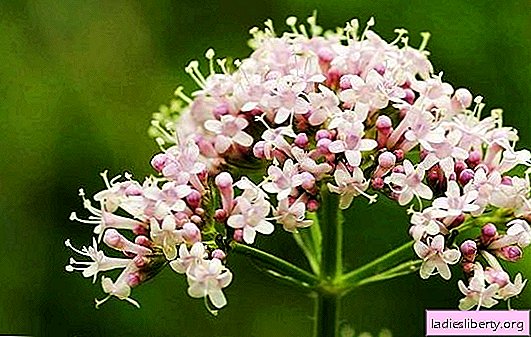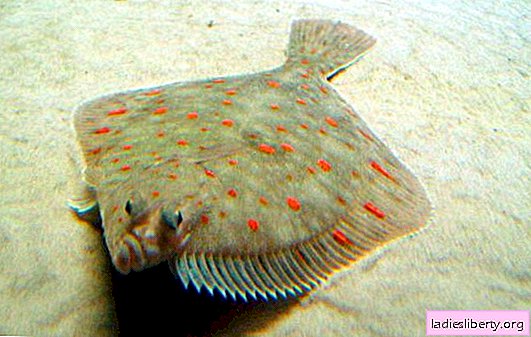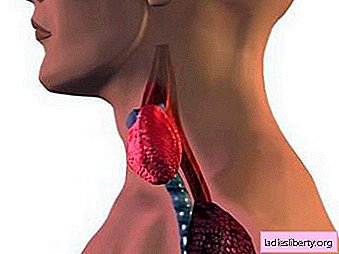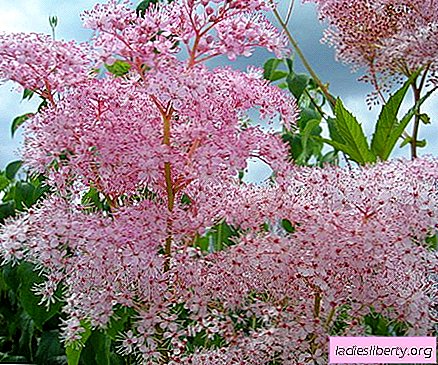
Often, women wonder what kind of vegetables a nursing mother can, because during breastfeeding, as well as during pregnancy, women have to limit themselves in the use of certain products.
During lactation, the diet of a newly minted mother is compiled based on the needs and reaction of the baby.
Could there be concern in a child about his mother consuming vegetables?
What vegetables can a nursing mother: how to introduce them and in what form to eat
Lactation specialists are of the opinion that during the period of feeding, the mother can only eat vegetables that are grown in her region of residence. Everyone else, in their opinion, can cause serious problems in the baby's condition: an allergy or an intestinal upset.
It is necessary to include vegetables in the diet gradually and very carefully. First you need to try a quarter of one vegetable. After this, you should interrupt for a couple of days and not introduce anything new at this time. If the baby is allergic to this vegetable, then it will manifest itself in the next two days. You can also notice any other changes in the condition of the child: colic, bloating, sleep disturbances and refusal to eat. All this should alert mom. For some time, it is worth delaying the entry of a vegetable into your diet.
The season in which vegetables are introduced into the diet is also important. For example, in the summer and autumn it is allowed to introduce fresh vegetables. It is desirable that they be from their own beds or at least from trusted suppliers. In winter and spring it is better not to buy fresh vegetables in stores, as they are grown artificially, while adding various chemical components. They can cause allergies in a child. There is also a high risk of chemical poisoning through breast milk.
If the baby has a reaction to the introduced fresh vegetable, then it is not necessary to completely abandon it. After a while, you can try the same vegetable in a different form: stewed or baked.
According to experts on breastfeeding, in most cases, the reaction of infants to vegetables is extremely rare. This mainly happens when the mother eats a spoiled fruit, or stuffed with chemicals that are added for quick growth and beautiful appearance. However, each baby is individual and allergic reactions, albeit rarely, but still happen.
What vegetables can and should a nursing mother
There are vegetables that nursing mothers need to eat for better development and growth of the baby. These are the fruits that are always mandatory in the diet of each person:
● potatoes;
● carrots;
● cauliflower;
● bell pepper;
● zucchini;
● eggplant;
● beets;
● chives;
● celery.
Potatoes. It is rich in a substance such as thiamine, which is necessary for the normal growth and proper development of the child.
Carrot. The carotene contained in the vegetable, vitamins A and B6, have a beneficial effect on the vision of both mothers and the baby.
Cauliflower. Cabbage contains a large amount of vitamin B12 (folic acid), which is responsible for the mental development of infants. Cauliflower also has a beneficial effect on the work of the intestines of both mother and baby.
Bell pepper. Yellow and green peppers are especially useful. They contain a lot of calcium and routine, which are responsible for strengthening bones and capillaries.
Zucchini. Useful in high potassium, calcium, copper, magnesium and zinc. These beneficial substances affect the formation of the nervous, immune and bone systems of the baby.
Eggplant. Due to the high content of pectins, they normalize the metabolism in both mother and child.
Beet. The vegetable contains a large amount of iron. Beets are recommended to be used by mothers suffering from anemia or those whose hemoglobin has dropped sharply due to childbirth. Beets also have a lot of vitamin C, which is responsible for strengthening immunity. By the way, beets do not lose their properties during cooking. The fruit itself and the borsch from it will be equally useful.
Chives. It is rich in flavanoids, beneficial trace elements and substances. Onion strengthens the immune system, enriches the body with vitamins, which allows the baby to develop correctly.
Celery. It contains a high content of carotene, vitamins B and E. Celery is useful for both mother and baby if they suffer from frequent bloating.
What vegetables can a nursing mother, but you need to enter with caution
There are also vegetables familiar to us, but which nursing mothers are not recommended to use, or you need to do this very carefully.
What vegetables can a nursing mom, but putting them in is better to postpone for several months:
● tomatoes;
● cucumbers;
● white cabbage;
● onions, garlic;
● legumes (peas, lentils, beans);
● other exotic vegetables (Jerusalem artichoke, avocado).
Tomatoes. This vegetable has a high content of iron and calcium, which have a good effect on bones. Tomatoes are an excellent prophylaxis of anemia, however, it is not recommended to introduce them into the diet in the first month after the birth of the baby. Tomatoes are best introduced only fresh in the ripening season. Allergies can cause red fruits. In this case, you can eat yellow, which are just as useful for both mom and baby.
Cucumbers. This vegetable, despite its hypoallergenicity, is best administered when the child is one month old. It often causes increased gas formation. That is why, even if the baby is not allergic to the cucumber (and this vegetable is an extremely rare occurrence), you should not get carried away with it.
White cabbage. This vegetable is best consumed in boiled or stewed form. Fresh white cabbage is not recommended for mothers, as it can cause bloating and fermentation in the intestines. There is a high risk that it will have a similar effect on the intestines of the baby. It is strictly forbidden for nursing mothers to eat sauerkraut, as it is considered one of the most aggressive foods.
Onions, garlic. In reasonable quantities, these vegetables are useful for the development of the baby. They raise immunity, garlic develops the mental activity of the child. However, due to its specific odors, it is not recommended to introduce vegetables in the first six months of life. They transmit odors and tastes to breast milk and the baby may refuse to breast.
Legumes (peas, lentils, beans). It is better not to include them in your diet at all until the baby reaches the age of 3 months. At this time, the intestine still continues to form, and the legumes will cause increased gas formation and intestinal colic. In the fourth month, colic usually disappears, then you can try to introduce legumes. They are better to eat in boiled or stewed form.
Exotic vegetables. All vegetables used by the mother and which grow in another region / country / continent can cause indigestion in the baby or a strong allergic reaction. With them, it is better to wait and start injecting after 6 months.
What kind of vegetables can a nursing mother have and can they cause concern? Most vegetables do not cause side effects on the baby's body, however, each baby is individual and if some do not have an allergy to cucumber, then others may appear rashes. In order for vegetables to become a familiar product in the diet of a nursing mother, the rules for their entry must be observed. You need to do this gradually and carefully monitor the baby. If suddenly a new product has concerns from the baby, do not be upset. Moms should remember that the gastrointestinal tract after birth continues to form and adapt to the outside world. If the baby has not accepted one product, then it can be repeated after some time. All the phenomena associated with the introduction of vegetables are temporary, you just need to wait until the digestive tract of the child is ready to accept a new product.











